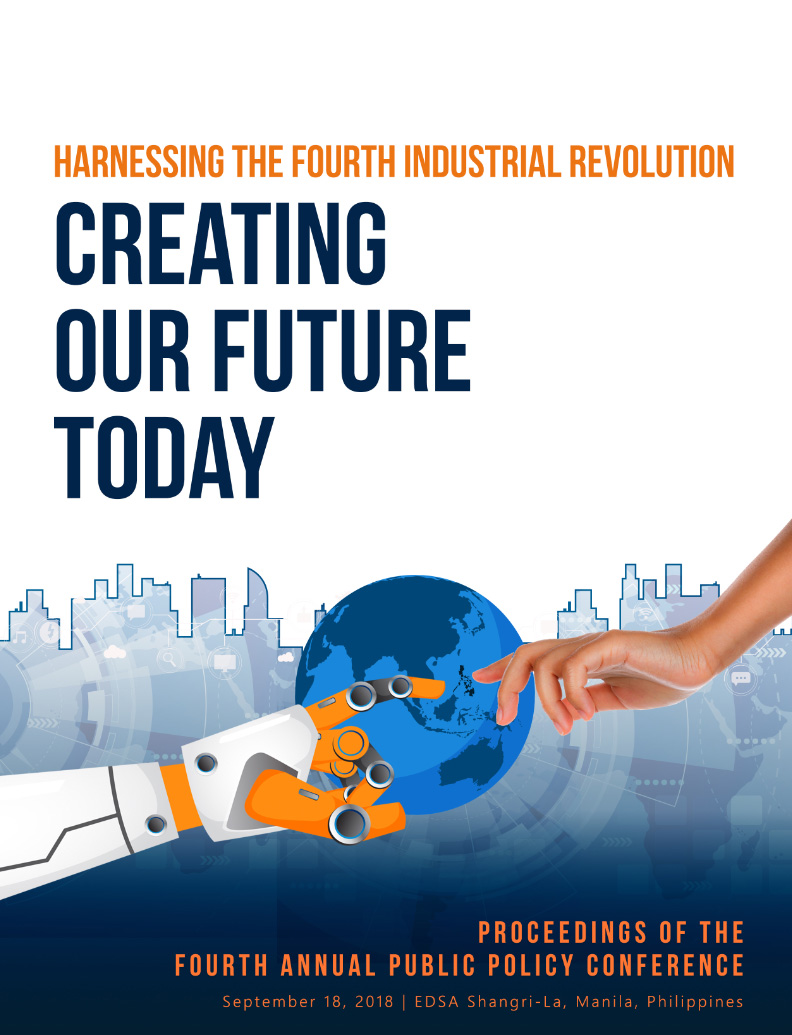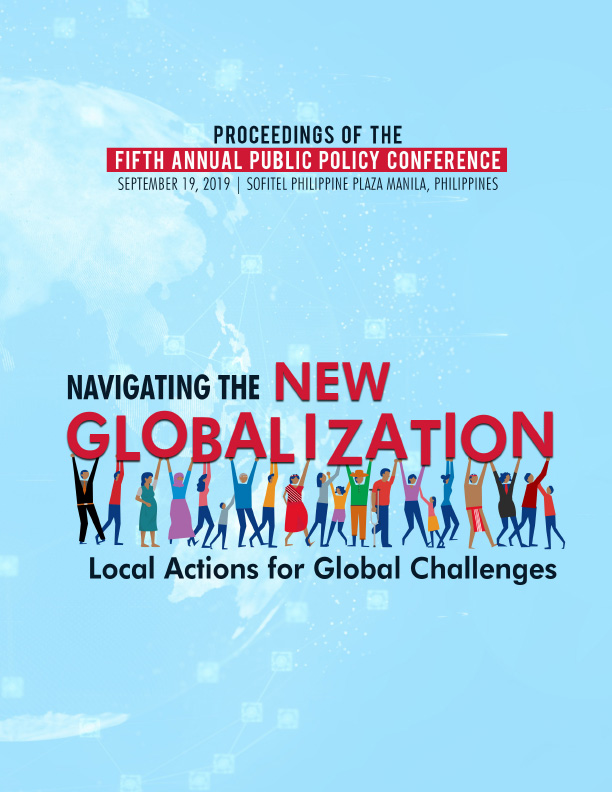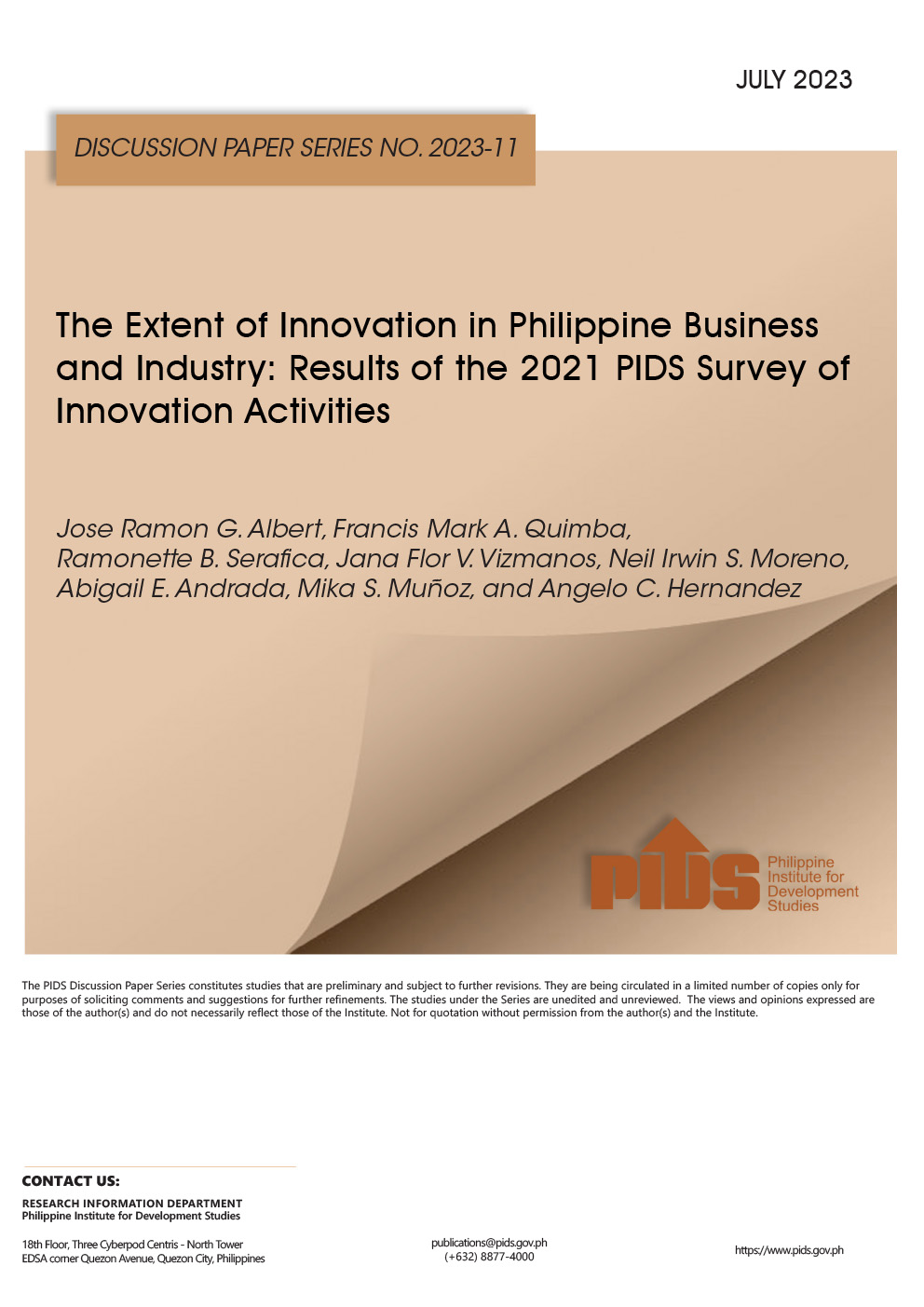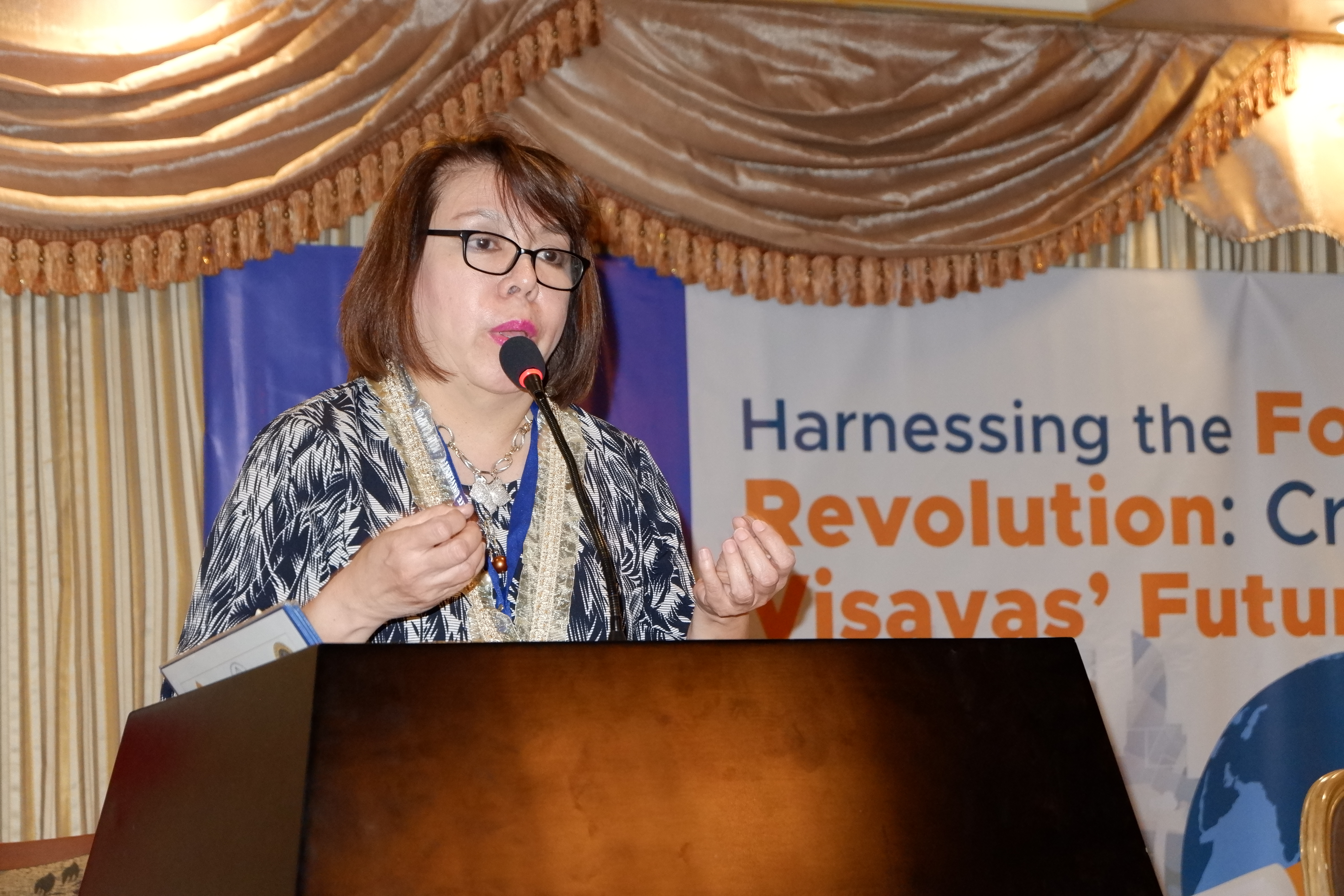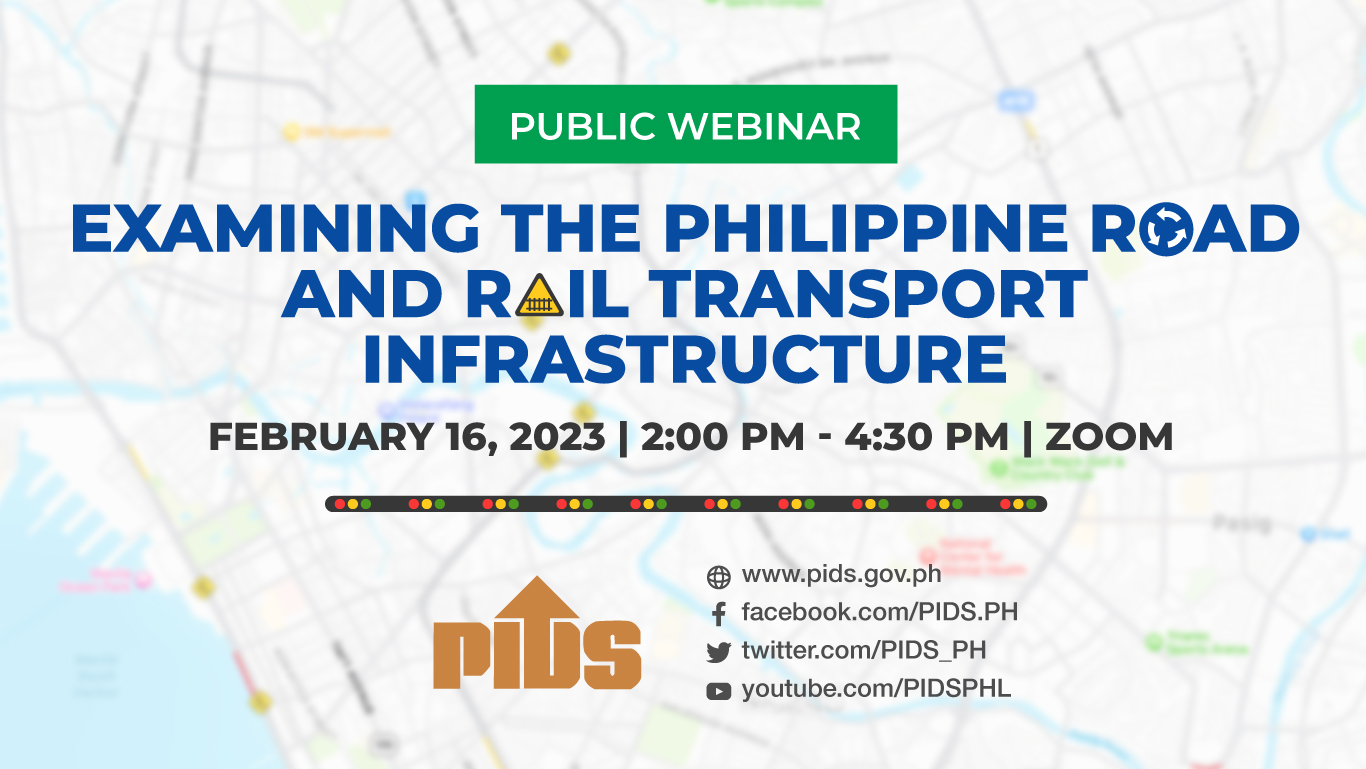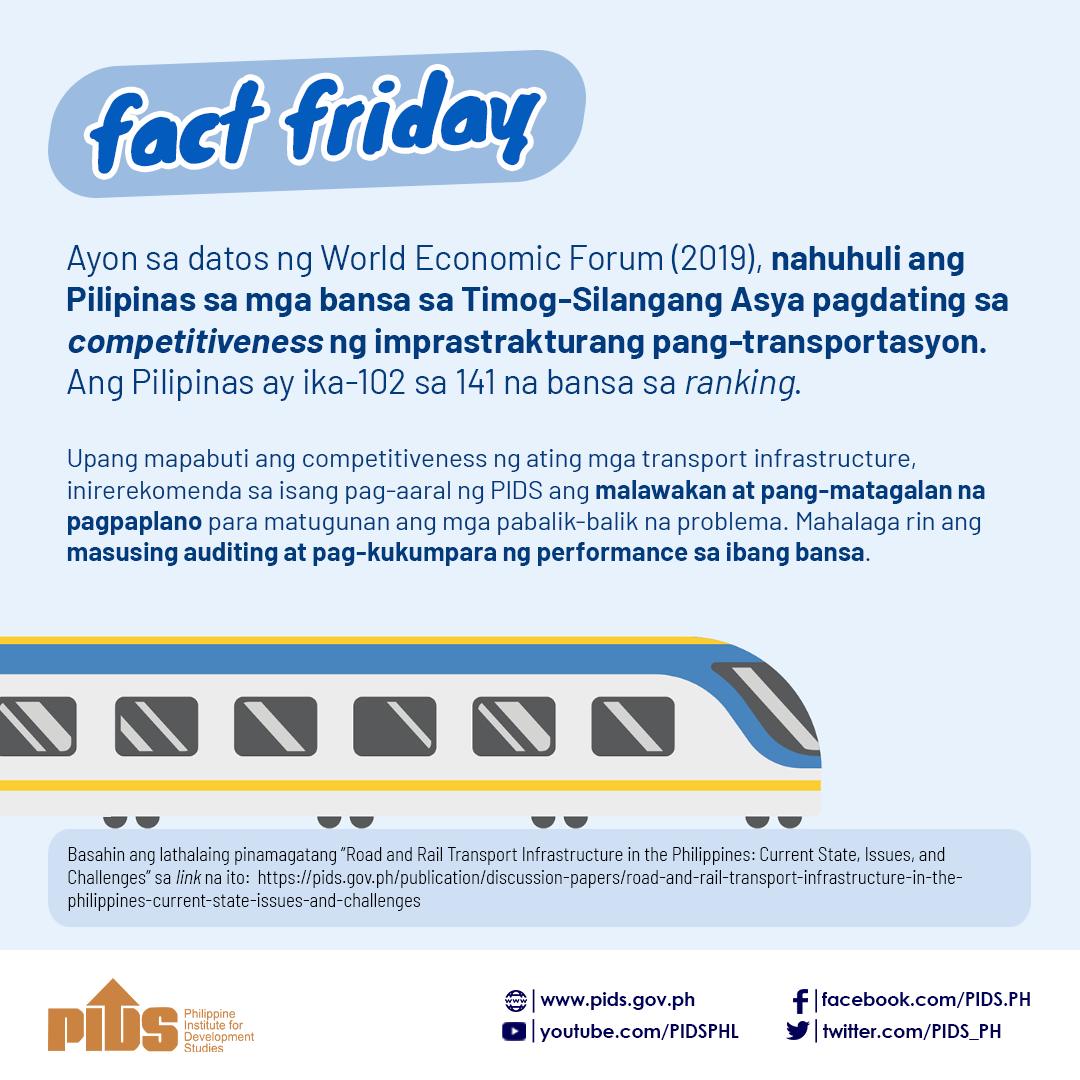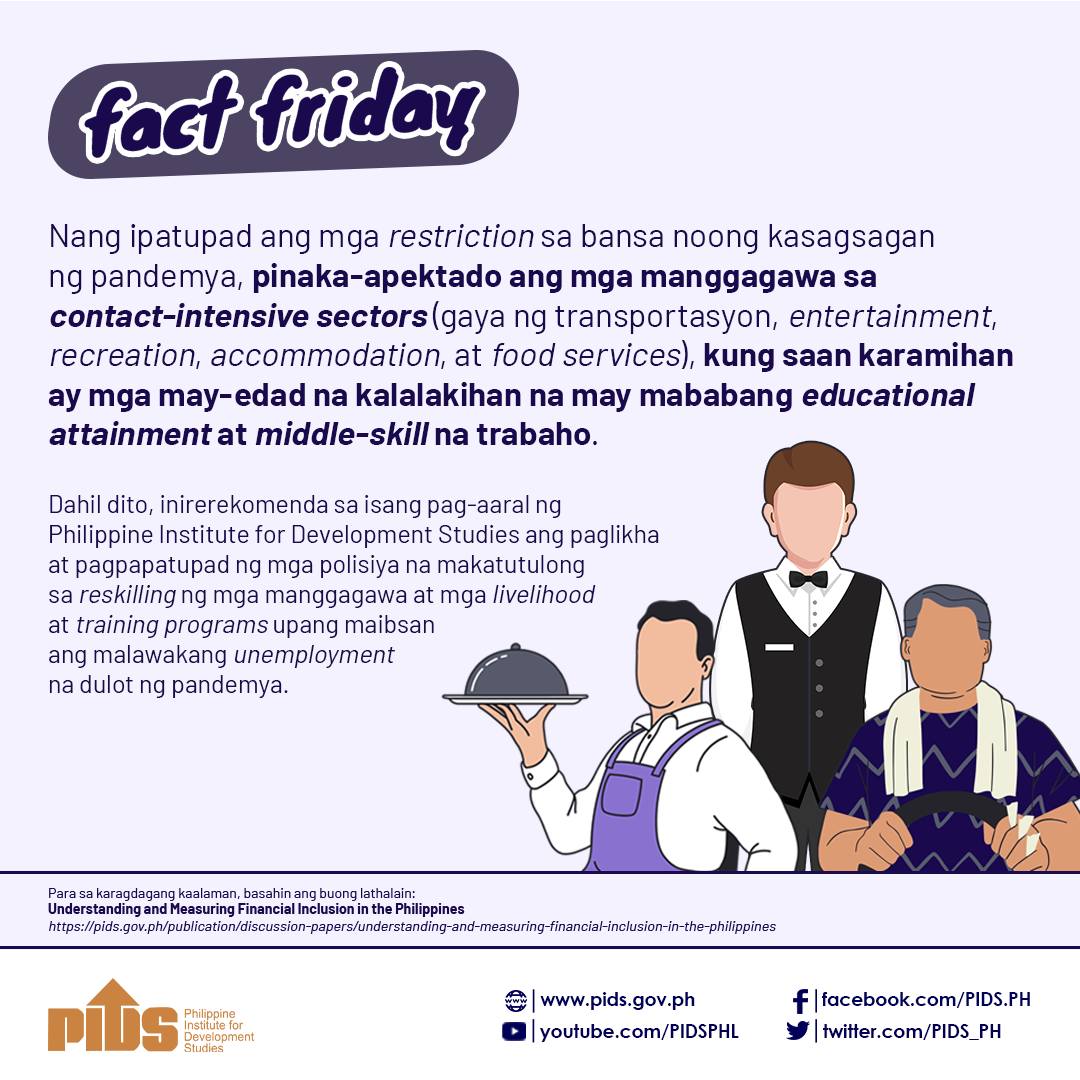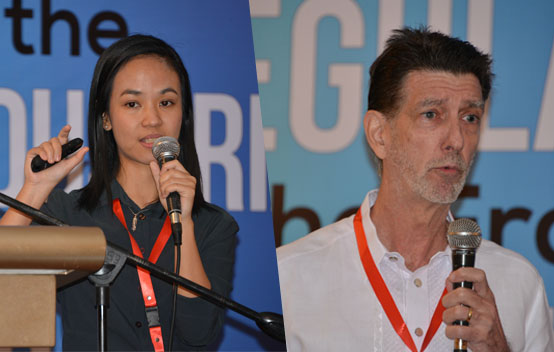
The Philippine government should favor soft laws over hard laws in regulating new business models emerging from the Fourth Industrial Revolution (FIRe).
This was according to Dr. Justo Ortiz, chair of Union Bank of the Philippines and Blockchain Association of the Philippines, and Dr. Marian Panganiban, regional policy and research manager of the online ride hailing platform, Grab. Both served as speakers during the symposium on "Rethinking Regulations in the Era of the Fourth Industrial Revolution" organized recently by state think tank Philippine Institute for Development Studies (PIDS).
Soft laws refer to standards and principles on regulation that create substantive expectations that are not directly enforceable. According to Ortiz, they generally include guidelines, codes of conduct, and frameworks, which are considered authoritative but not binding.
Today, these instruments serve as alternatives to hard laws, such as statutes, which are codified and, as such, harder to be adjusted to keep up with the times.
“We need to be comfortable with soft regulation because the minute you hard code it in a constitution or even in law, then it is an immovable thing,” Ortiz explained.
He likewise urged the government not to prescribe the ‘how-to-do-it’, arguing innovation is constantly evolving and best left with the innovating firms.
Meanwhile, Panganiban highlighted the value of soft coding regulations first because it allows quicker learning and adjustments, instead of directly legislating them.
“If we want for innovation to flourish, legislative action on FIRe should not be at the top of our minds right now,” the Grab official explained when asked about the possible legislation the Philippine Congress must prioritize to assist the growth of FIRe technologies.
“To pursue a legislative action is already hard coding it, which is against the principle of soft coding,” she added.
Ortiz, however, admitted that the adoption of soft laws may take a while, especially in the Philippines, as the transition from hard to soft regulation requires mindset change.
Angkas controversy
Such failure of hard laws to keep pace with the advances in technology is evident in the country, especially in its transport sector, where laws are now considered barriers for the entry of markets emerging from FIRe.
Last year, the Land Transportation Franchising and Regulatory Board (LTFRB) ordered the halting of the operation of online motorcycle ride-hailing application, Angkas, citing the provisions of the archaic Land Transportation and Traffic Code.
The 55-year old code, crafted at the time when Internet was still nonexistent, stated that motorcycles are not allowed to be offered as a mode of public transportation.
LTRFB officials maintained that for Angkas and similar operators to be allowed to hit the road, the law has to be first amended by Congress, a process that usually takes years to be completed.
The symposium was a sequel to PIDS’s Annual Public Policy Conference, which highlighted the profound impacts of digital and technological revolutions in the Philippine landscape.
It focused on the regulatory issues and constraints affecting the government and industry sectors, as well as the opportunities and strategies to address them. ###
This was according to Dr. Justo Ortiz, chair of Union Bank of the Philippines and Blockchain Association of the Philippines, and Dr. Marian Panganiban, regional policy and research manager of the online ride hailing platform, Grab. Both served as speakers during the symposium on "Rethinking Regulations in the Era of the Fourth Industrial Revolution" organized recently by state think tank Philippine Institute for Development Studies (PIDS).
Soft laws refer to standards and principles on regulation that create substantive expectations that are not directly enforceable. According to Ortiz, they generally include guidelines, codes of conduct, and frameworks, which are considered authoritative but not binding.
Today, these instruments serve as alternatives to hard laws, such as statutes, which are codified and, as such, harder to be adjusted to keep up with the times.
“We need to be comfortable with soft regulation because the minute you hard code it in a constitution or even in law, then it is an immovable thing,” Ortiz explained.
He likewise urged the government not to prescribe the ‘how-to-do-it’, arguing innovation is constantly evolving and best left with the innovating firms.
Meanwhile, Panganiban highlighted the value of soft coding regulations first because it allows quicker learning and adjustments, instead of directly legislating them.
“If we want for innovation to flourish, legislative action on FIRe should not be at the top of our minds right now,” the Grab official explained when asked about the possible legislation the Philippine Congress must prioritize to assist the growth of FIRe technologies.
“To pursue a legislative action is already hard coding it, which is against the principle of soft coding,” she added.
Ortiz, however, admitted that the adoption of soft laws may take a while, especially in the Philippines, as the transition from hard to soft regulation requires mindset change.
Angkas controversy
Such failure of hard laws to keep pace with the advances in technology is evident in the country, especially in its transport sector, where laws are now considered barriers for the entry of markets emerging from FIRe.
Last year, the Land Transportation Franchising and Regulatory Board (LTFRB) ordered the halting of the operation of online motorcycle ride-hailing application, Angkas, citing the provisions of the archaic Land Transportation and Traffic Code.
The 55-year old code, crafted at the time when Internet was still nonexistent, stated that motorcycles are not allowed to be offered as a mode of public transportation.
LTRFB officials maintained that for Angkas and similar operators to be allowed to hit the road, the law has to be first amended by Congress, a process that usually takes years to be completed.
The symposium was a sequel to PIDS’s Annual Public Policy Conference, which highlighted the profound impacts of digital and technological revolutions in the Philippine landscape.
It focused on the regulatory issues and constraints affecting the government and industry sectors, as well as the opportunities and strategies to address them. ###

